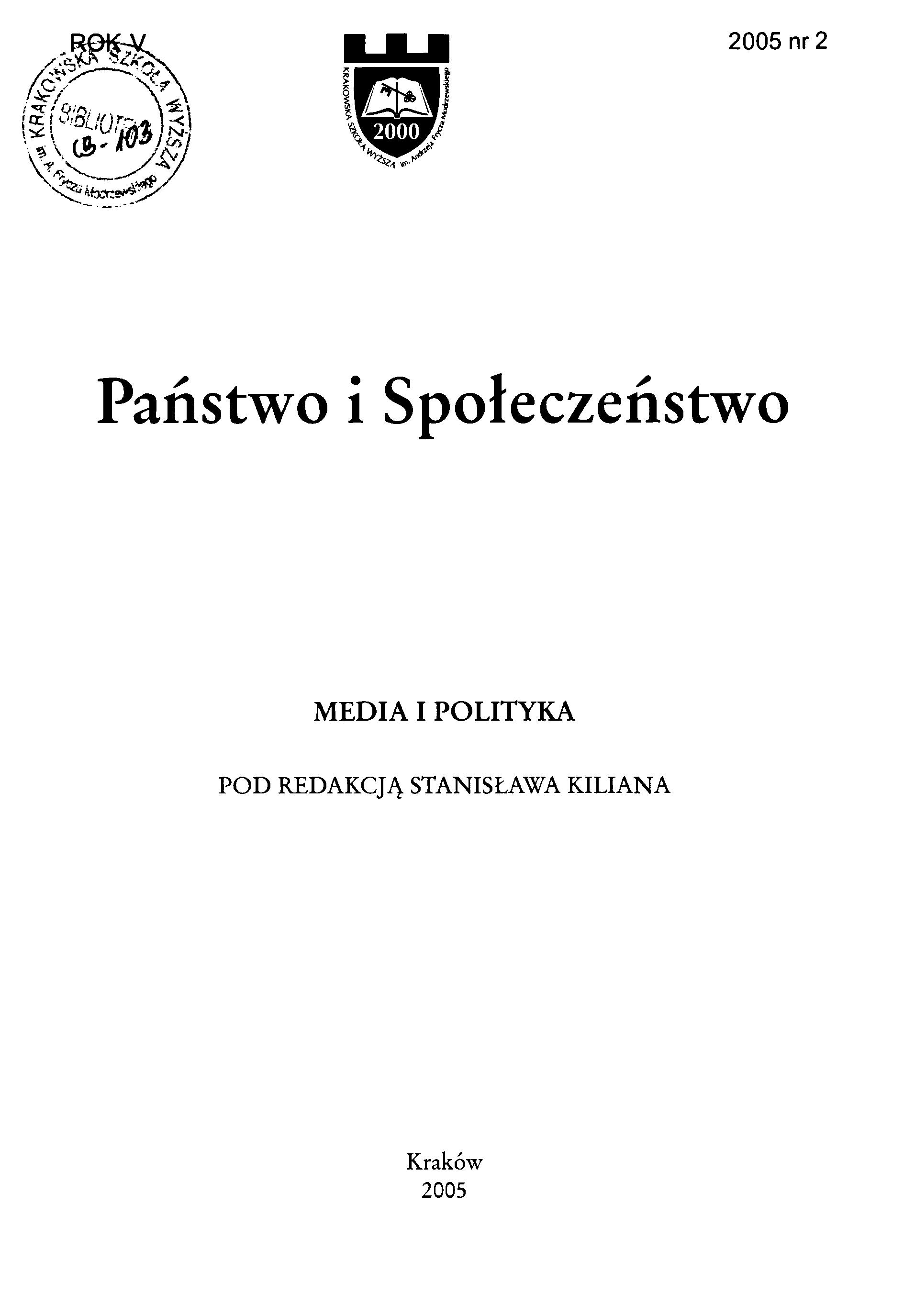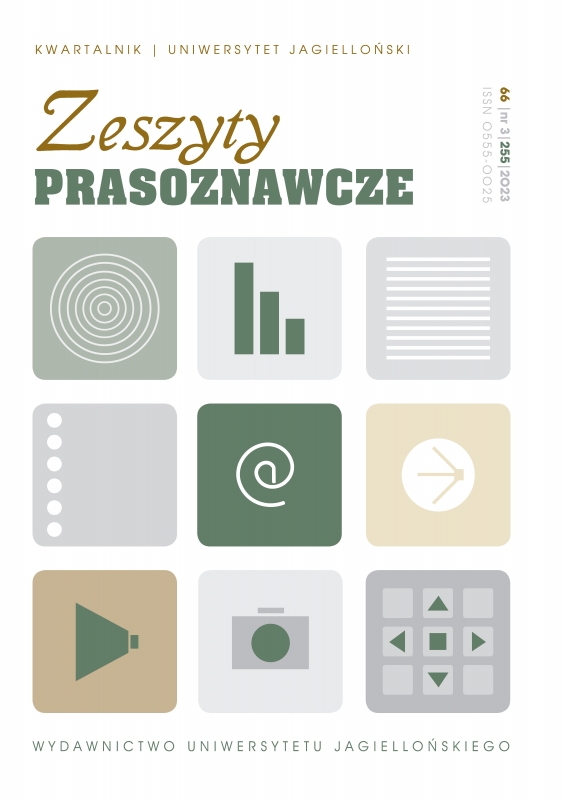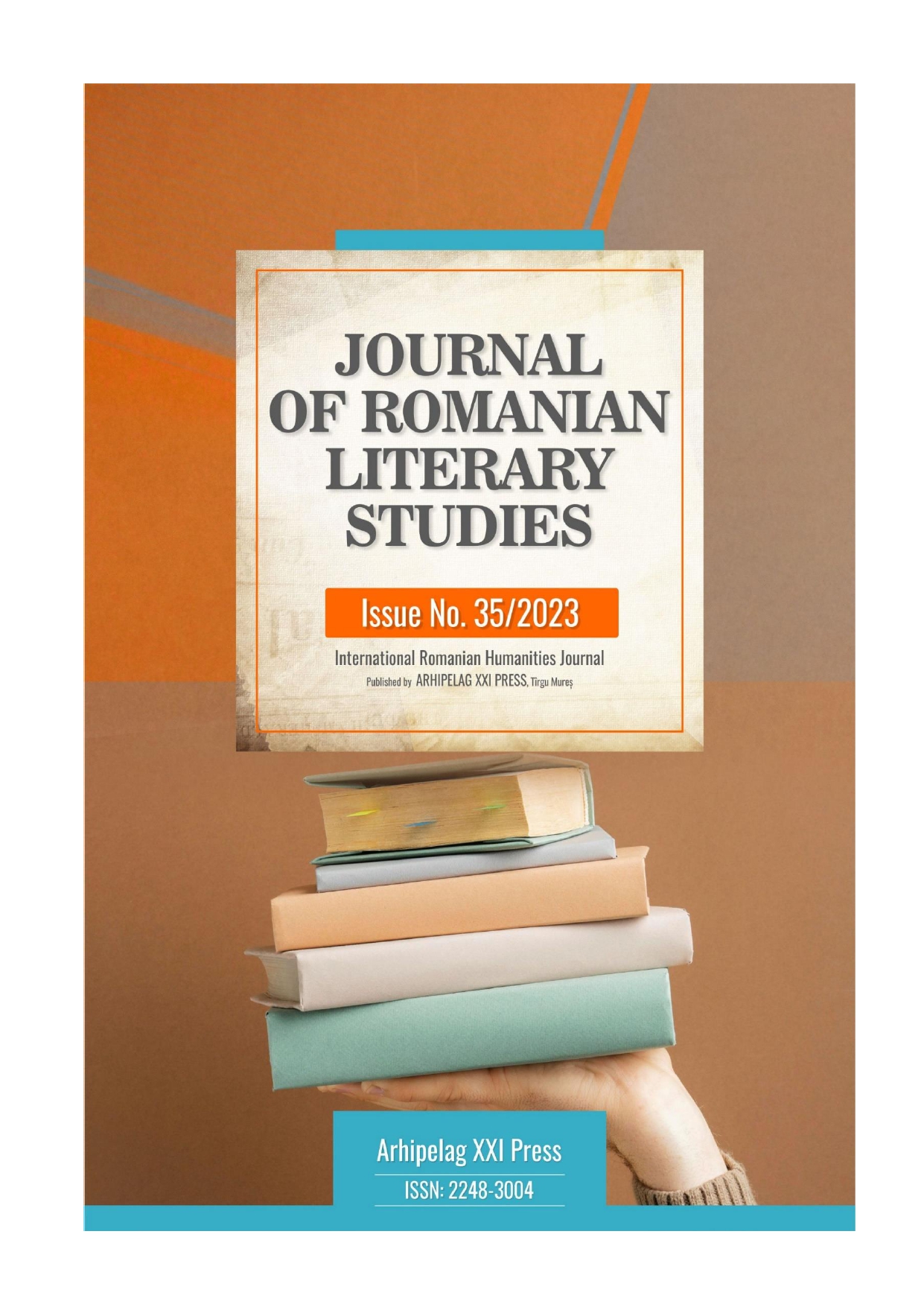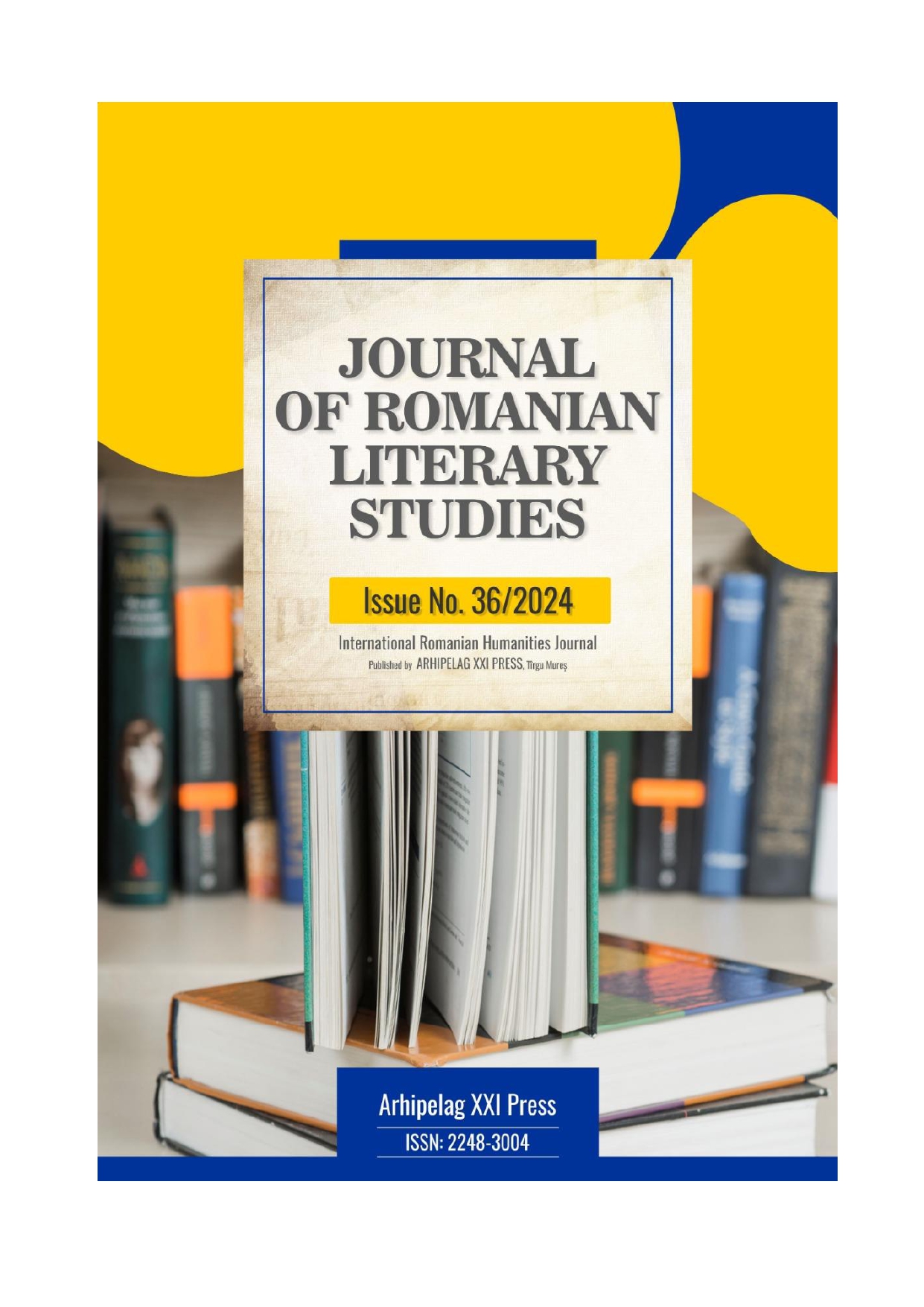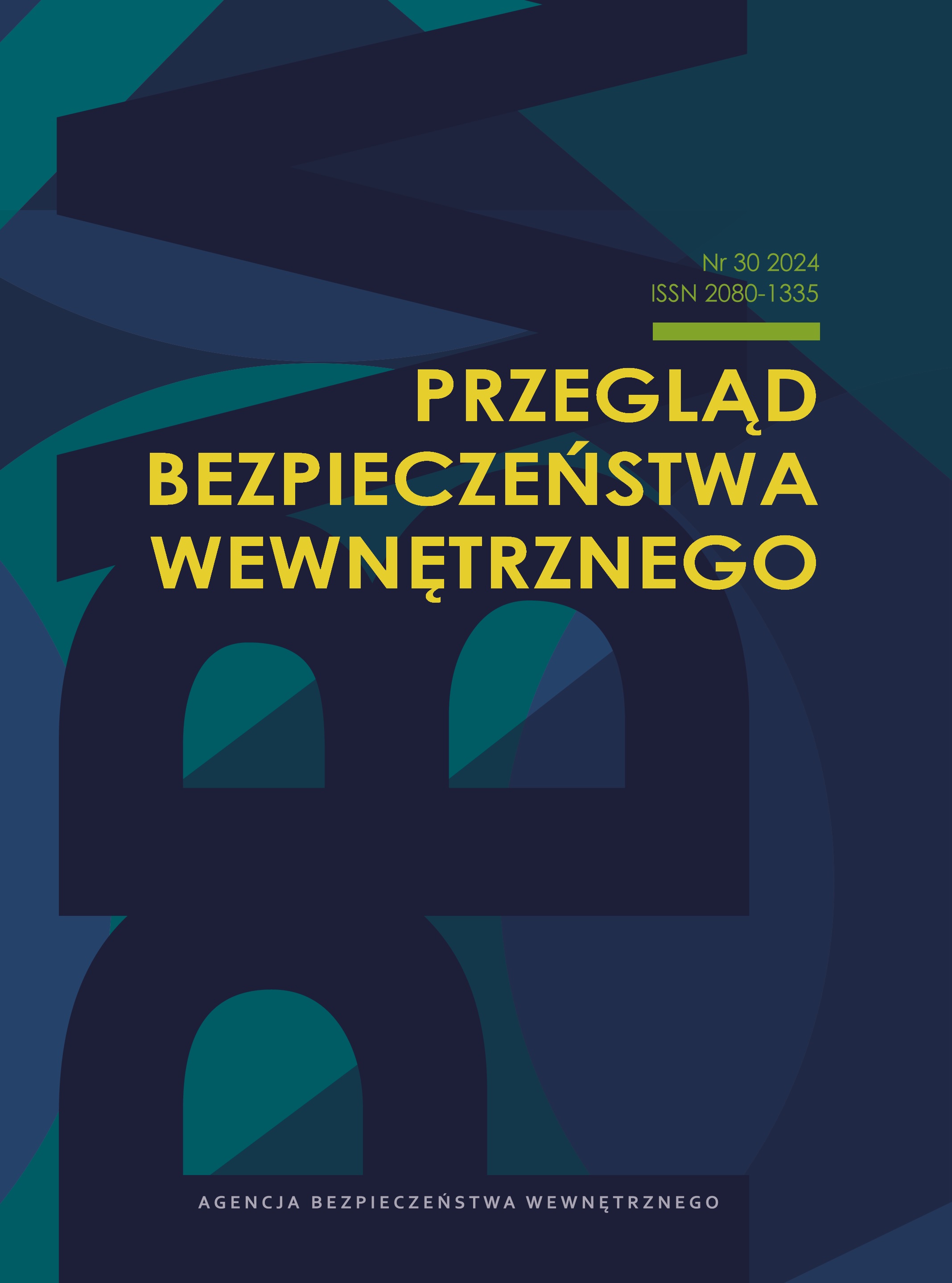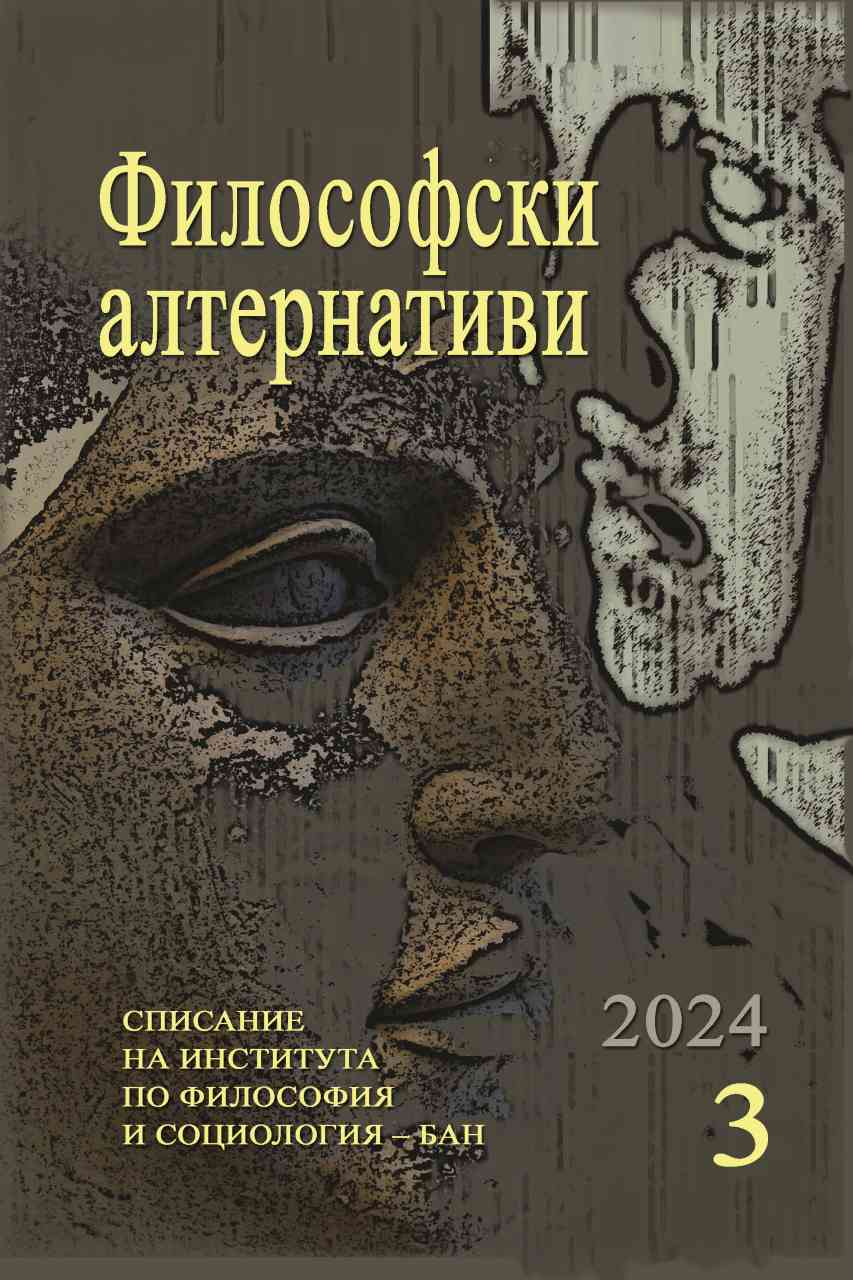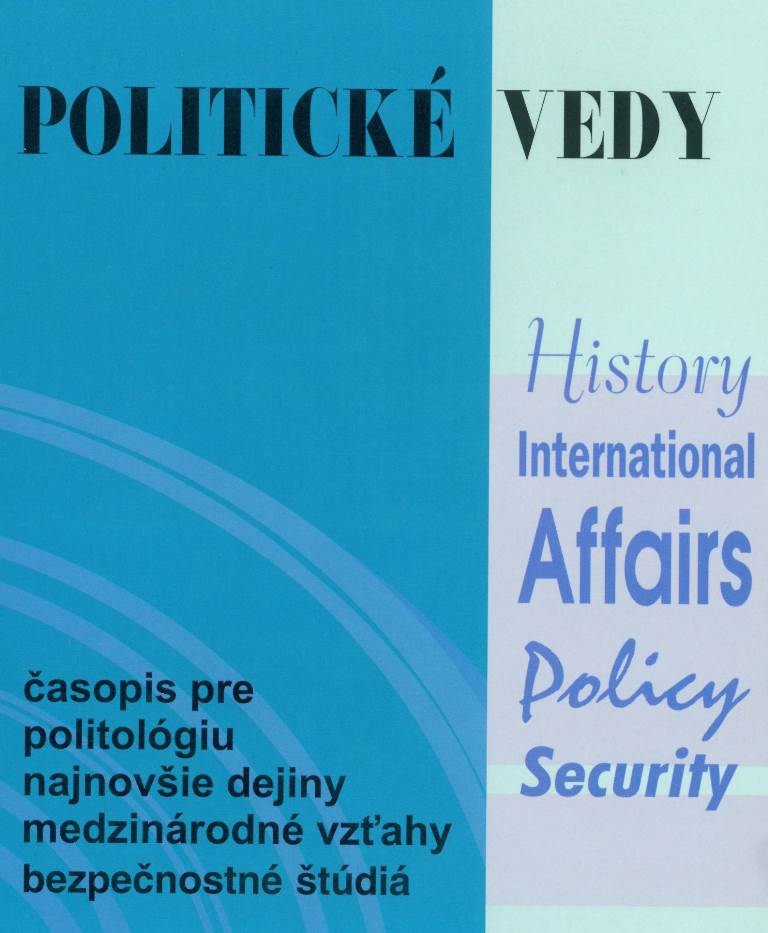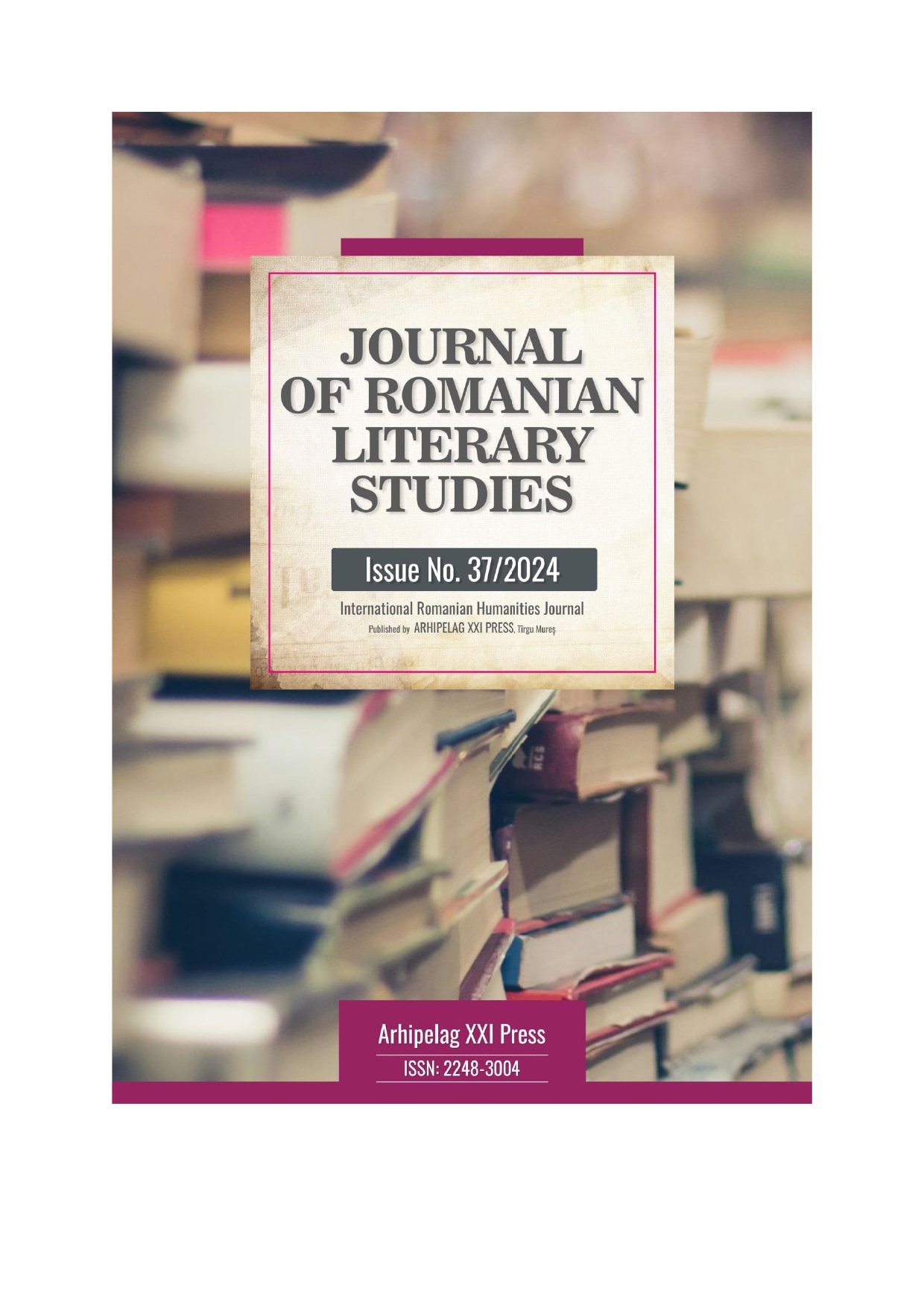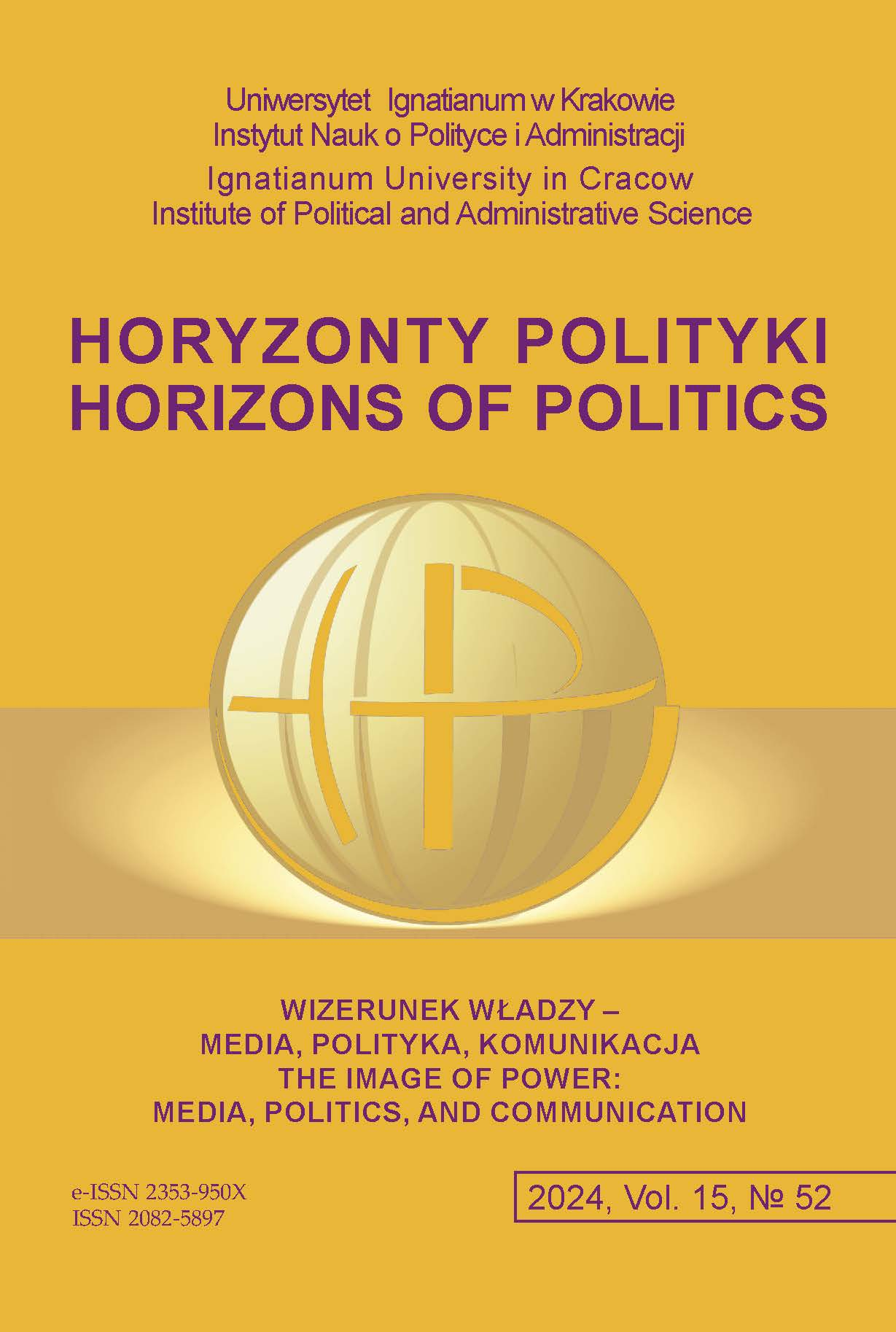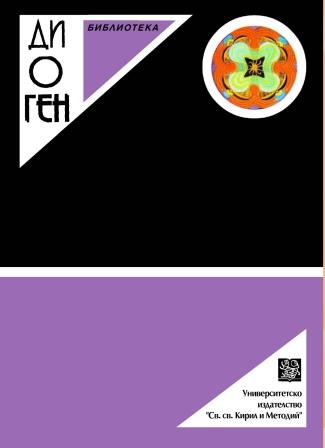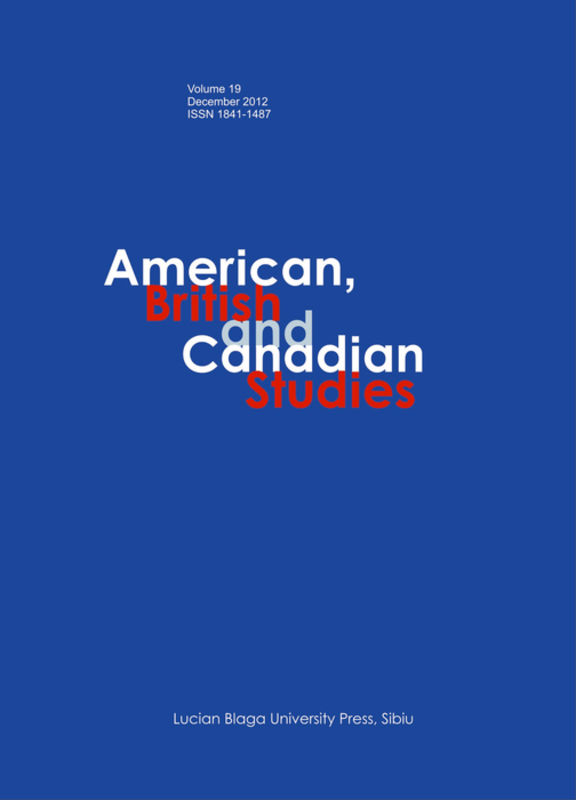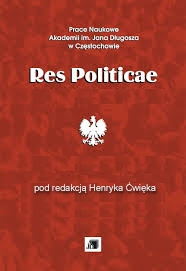
Fundamentalizm w świetle wybranych koncepcji psychologicznych
The aim of the article is to show the psychological roots of fundamentalism, which can be found in each type of the phenomenon, as well as analysis of fundamentalism, as a specific configuration of personality traits which can lead every worldview and ideology. Definitional basis for the fundamentalism is the psychological concepts, that relate to personality, cognitive style, refer to the prejudices, as well as to the concept of authoritarian personality and its constitutive characteristics. An author of the article asked about so-called “fundamentalist personality” (D. Motak) based on the diversity of the manifestations of this phenomenon and its correlation with the concepts of authoritarianism (E. Fromm, T.W. Adorno, S. Pfürtner, A. Künzli), dogmatism (M. Rokeach), intolerance and ethnocentrism. It also was taken into account psychological attitudes category (along with its emotional component, cognitive and behavioral), which was basis to presented fundamentalism
More...
